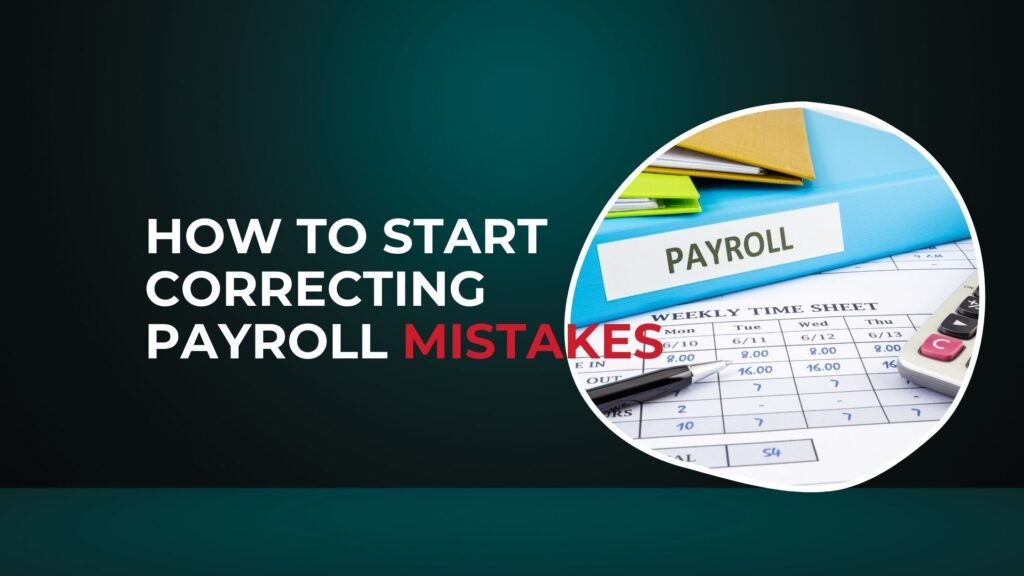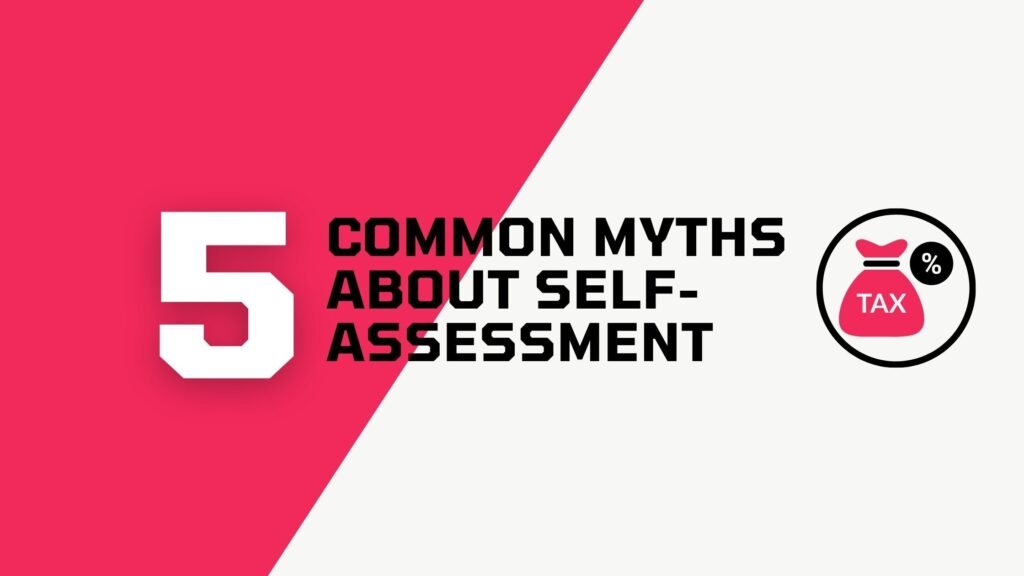The Construction Industry Scheme (CIS) is a set of regulations established by HM Revenue and Customs (HMRC) in the United Kingdom to oversee tax payments within the construction sector. Under this scheme, contractors deduct money from subcontractors’ payments and forward it to HMRC, ensuring that tax obligations are met promptly. Registering correctly for CIS is essential for both contractors and subcontractors to stay compliant and avoid possible penalties.
What is CIS Registration?
CIS registration is the process of enrolling with HMRC to operate within the Construction Industry Scheme. The scheme applies to payments made by contractors to subcontractors for construction work, including site preparation, demolition, repairs, and renovations. Contractors must register to process payments and deduct the correct tax amount before making payments to subcontractors.
Subcontractors, while not legally required to register, benefit from doing so because it reduces their tax deduction rate from 30% (for unregistered subcontractors) to 20% (for registered subcontractors). Some subcontractors may qualify for gross payment status, meaning they receive full payment without deductions and handle their tax payments through Self-Assessment instead.
Who Needs to Register for CIS?
CIS registration applies to two key groups, contractors and subcontractors.
Contractors
- Businesses or individuals who pay subcontractors for construction work must register as contractors under CIS.
- A company or individual spending more than £3 million annually on construction work must also register as a contractor, even if they do not consider themselves part of the construction industry.
- Contractors must verify subcontractors’ CIS status before making payments and ensure they deduct the correct amount of tax.
Subcontractors
- Subcontractors are people or businesses hired by a contractor to perform construction work.
- Registration is not mandatory for subcontractors, but those who fail to register will have a higher tax deduction rate (30% instead of 20%).
If subcontractors want to avoid tax deductions at the source, they can apply for gross payment status, allowing them to receive full payments and handle tax and National Insurance independently.
→ No hidden fees. No gimmicks
How to Register as a Contractor for CIS
Registering as a contractor under CIS involves a straightforward process with HMRC. Follow these steps to complete the registration:
1. Determine Eligibility
Before registering, confirm whether your business qualifies as a contractor under CIS. If you are paying subcontractors for construction-related work, you must register.
2. Gather Required Information
Ensure you have the following details ready:
- Your Unique Taxpayer Reference (UTR) number (provided when registering for Self Assessment or Corporation Tax)
- National Insurance (NI) number (if you are an individual or sole trader)
- Business information, including your trading name, address, and business type
3. Register as an Employer
Contractors must register as an employer with HMRC, even if they do not have employees. This is necessary for handling payroll taxes and deductions.
4. Register for CIS Online
Log in to your Government Gateway account and complete the CIS registration process. During registration, you will provide details about your business and indicate that you are registering as a contractor.
5. Verify Subcontractors
Once registered, contractors must verify their subcontractors with HMRC before making payments. This ensures the correct tax deduction rate is applied. Contractors must also file monthly CIS returns to report payments to subcontractors and ensure compliance with tax requirements.
How to Register as a Subcontractor for CIS
Subcontractors can register through the following process:
1. Obtain a UTR Number
If you do not have a UTR, you must first register for Self-Assessment with HMRC. During registration, select ‘working as a subcontractor’ so that HMRC automatically registers you for CIS.
2. Register Online
The fastest way to register is through the HMRC online services portal. You will need:
- Your UTR number
- National Insurance (NI) number (if applicable)
- Your business structure details (sole trader, partnership, or limited company)
3. Alternative Registration Methods
If you cannot register online, you can register by phone or post. Sole traders can call the CIS helpline, while partnerships and limited companies must complete a paper application. Once you’re registered as a subcontractor, it’s important to stay on top of your monthly CIS returns to ensure proper tax management
How to Check Your CIS Registration Status
Once you have registered for the Construction Industry Scheme (CIS), you can check your status using the following methods:
- For Contractors: Log in to your HMRC online account and use the CIS verification service to check your registration details and verify subcontractors before making payments.
- For Subcontractors: Call HMRC’s CIS Helpline (0300 200 3210) or ask your contractor to verify your CIS status before receiving payments.
Final Thought
Proper registration under the Construction Industry Scheme is vital for compliance and efficient tax management within the UK construction industry. Both contractors and subcontractors should ensure they follow the appropriate registration processes to benefit from standard deduction rates and avoid potential penalties.
Frequently Asked Questions
Registering for CIS ensures compliance with tax regulations, allows for standard deduction rates (20% for registered subcontractors), and avoids higher deductions (30% for unregistered subcontractors). It also streamlines the tax process, reducing the likelihood of disputes with HMRC
Online registration is the quickest method and can be completed promptly. Once registered, HMRC will confirm your status, which may take a short period.
As a sole trader, you can complete your CIS registration online by submitting your UTR, National Insurance number, and business information. If you don’t have a UTR, register as a new business for Self Assessment, selecting ‘working as a subcontractor’ when prompted.
Subcontractors who don’t register for CIS will face a higher deduction rate of 30%, instead of the standard 20%. Contractors who fail to register may incur penalties and be non-compliant with HMRC regulations.
Yes, subcontractors can claim a refund for any overpaid tax through their Self-assessment tax return. The deductions made under CIS are considered advance payments towards your tax and National Insurance contributions.





